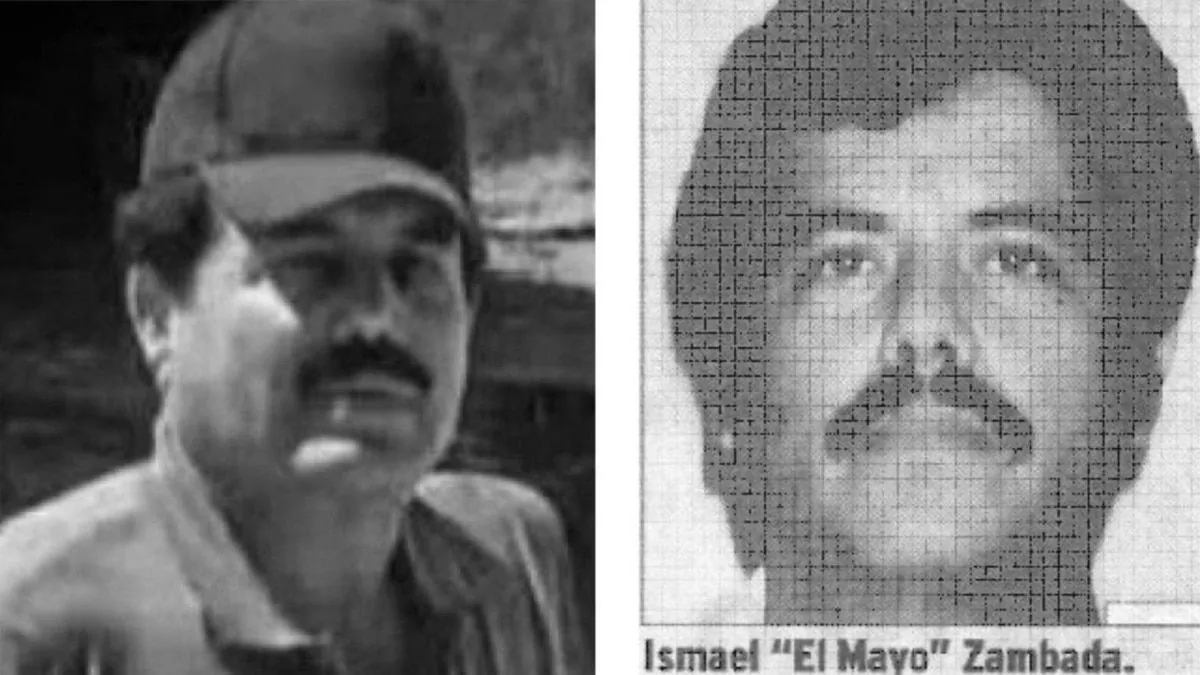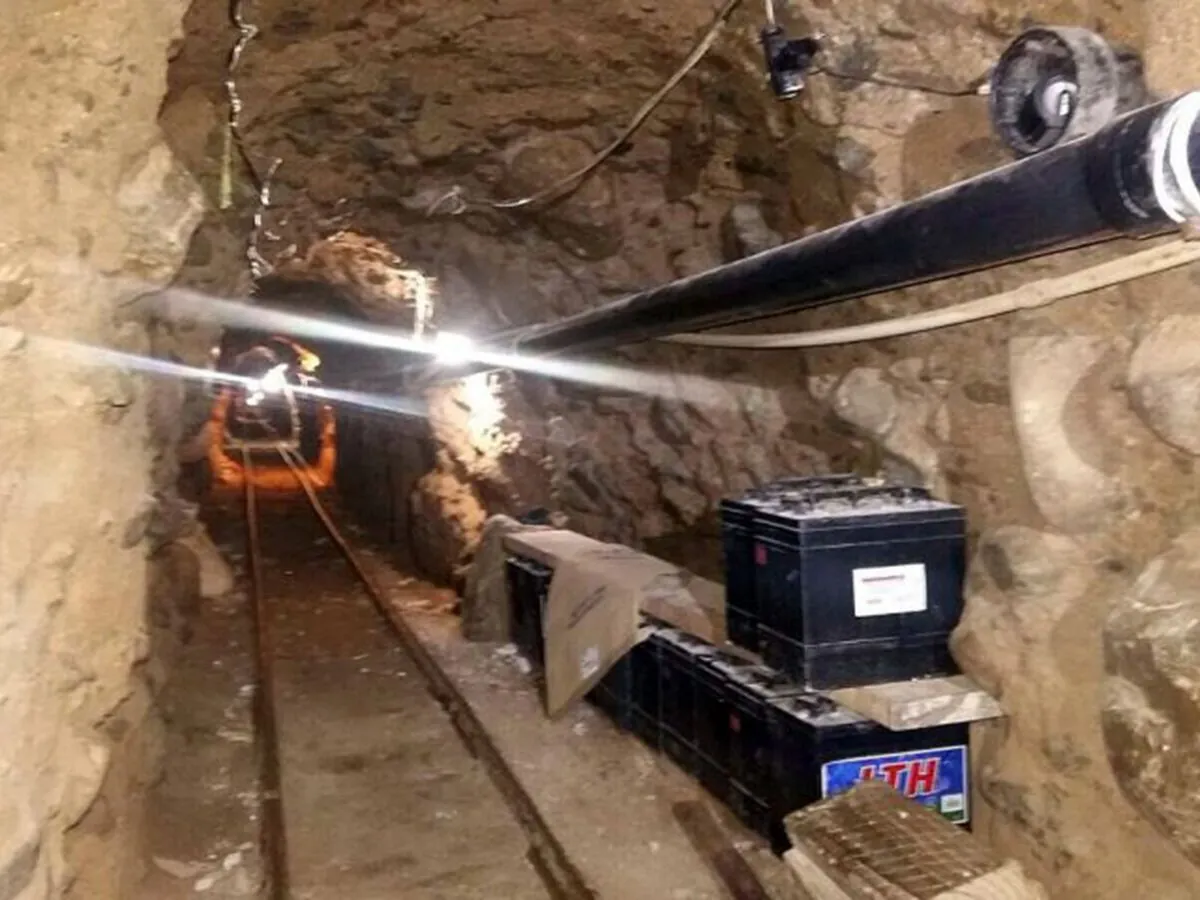Mexican Drug Lord "El Mayo" Zambada Set for New York Trial
Federal judge approves transfer of Sinaloa cartel co-founder Ismael "El Mayo" Zambada from Texas to New York. Arrested in July, he faces multiple drug-related charges in the U.S.

A federal judge has approved the transfer of Ismael "El Mayo" Zambada, co-founder of Mexico's Sinaloa cartel, from Texas to New York to face criminal charges. The decision came after Zambada's attorneys withdrew their opposition to the move requested by federal prosecutors.
Zambada, 76, was apprehended in July 2024 along with Joaquín Guzmán López, son of infamous drug lord Joaquín "El Chapo" Guzmán. The pair were arrested after landing in a private aircraft near El Paso, Texas. Both individuals are currently incarcerated and face various drug-related charges in the United States.
The Sinaloa Cartel, co-founded by Zambada, is recognized as one of the world's largest drug trafficking organizations. Its operations extend far beyond Mexico, impacting numerous countries globally. The cartel is notorious for its sophisticated smuggling methods, including an extensive network of tunnels used to transport narcotics across borders.

In New York, Zambada faces serious allegations, including running a continuing criminal enterprise, murder conspiracy, and multiple drug offenses. These charges reflect the broad scope of the cartel's activities, which encompass not only drug trafficking but also money laundering and other illicit operations.
Zambada's capture marks a significant development in the ongoing efforts to dismantle major drug trafficking organizations. For decades, he has been a key figure in the Sinaloa Cartel, managing to evade law enforcement while his former partner, "El Chapo" Guzmán, was captured. The U.S. government has offered substantial rewards for information leading to the arrest of cartel leaders like Zambada.
The Sinaloa Cartel's influence has had far-reaching consequences, contributing to widespread corruption in parts of Mexico and significantly impacting public health and safety in both Mexico and the United States. The organization is believed to control a substantial portion of the U.S. drug market, utilizing advanced technology in its operations.
"I ended up in the U.S. after being kidnapped in my home country en route to what I thought was a meeting with a Mexican official."
This claim by Zambada adds an intriguing element to the case, though it remains to be substantiated.
Meanwhile, Joaquín Guzmán López has pleaded not guilty to drug trafficking and other charges in a Chicago federal court. His father, "El Chapo" Guzmán, was convicted in 2019 and is currently serving a life sentence in the United States.
The ongoing prosecution of these cartel leaders represents a crucial part of the strategy to combat large-scale drug trafficking operations. As the legal proceedings unfold, they are likely to shed light on the complex and far-reaching activities of one of the world's most notorious criminal organizations.


































